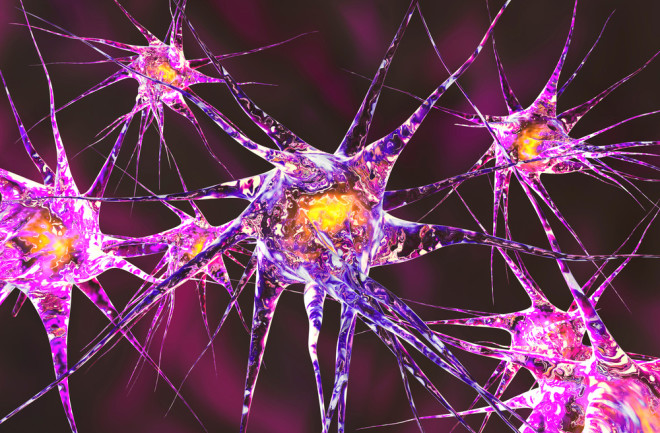Neuroscience is heading into an ethical minefield with the rise of research on "human brain surrogates".
That's according to a new paper by Henry T. Greely in the American Journal of Bioethics, titled Human Brain Surrogates Research: The Onrushing Ethical Dilemma
Greely defines 'human brain surrogates' as "simulacrums of living human brains that are not inside living human beings." In other words, a human brain surrogate is any living system of human or human-like brain issue, other than an actual brain.
By this definition, surrogates already exist in various forms. The best-known example would be human cortical organoids, tiny spherical 'blobs' of human neurons grown from stem cells. These organoids show patterns of electrical activity similar, in some limited ways, to those of real brains.
Other human brain surrogate technologies are, or soon will be, possible, such as genetic modification of animals to make their brains more human-like.
In the paper, Greely discusses a number of possible concerns with emerging surrogate technologies. To my mind the most interesting question is what Greely calls "The Welfare of the Surrogates". Essentially, this is the question of whether an organoid or other brain-derived surrogate could have consciousness and experience suffering.
As Greely puts it, this is likely to be an especially difficult issue because it is not clear how we would recognize suffering in a surrogate. Unlike humans, and animals, a surrogate has no body with which to express pain:
Non-human animals have brains with output mechanisms; although they cannot talk, their bodies can communicate at least some forms of distress in ways we understand. But a neural organoid or an ex vivo human brain will, for the most part, have no such output channels. In a vat, no one can hear you scream.
The idea that science might create a conscious being, a 'brain in a vat' doomed to suffer with no contact with the outside world, might seem fantastical, like something out of Black Mirror.
I don't think current technologies have come anywhere close to creating a conscious 'surrogate' yet, but equally, I don't think we can dismiss the possibility as mere science fiction. There is actually nothing implausible about the idea of creating a thinking, feeling brain from a single cell. Nature, after all, does that every day.


